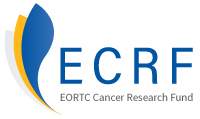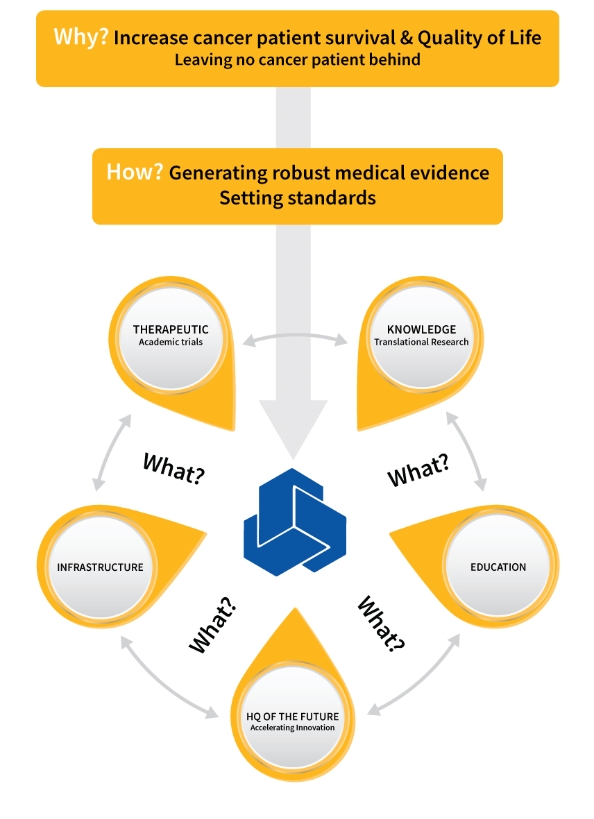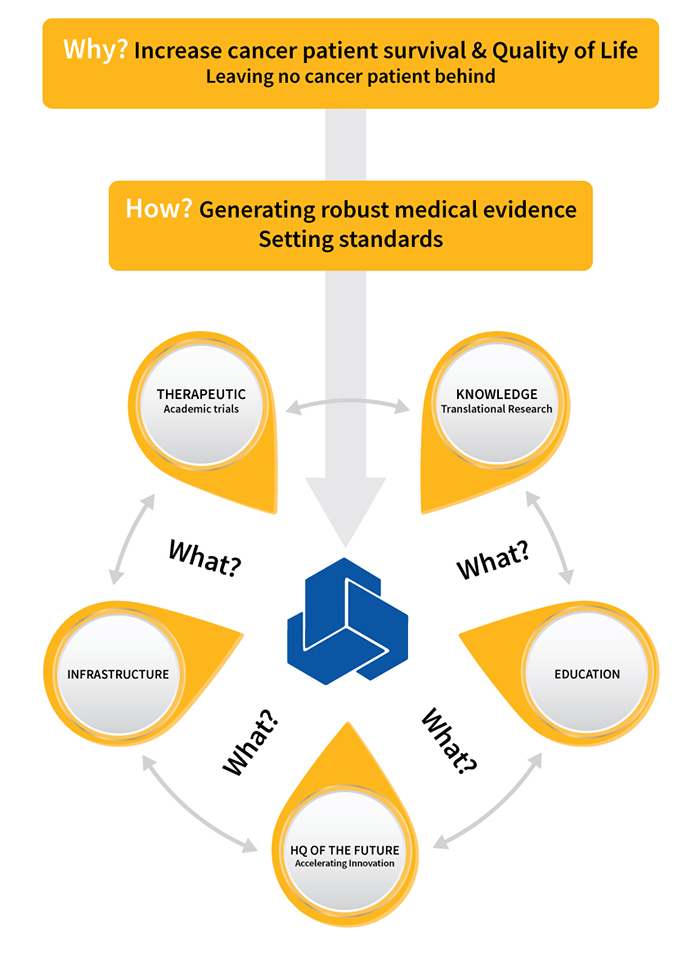OUR MISSION
Since 1962, EORTC’s mission has been to increase the quality of life and survival rate for cancer patients, ensuring no one is left behind.
EORTC has supported this mission by driving clinical cancer research, generating robust medical data and setting standards for the medical community.
Five fundamental pillars put this mission into practice: academic and translational research, infrastructure, education and accelerating innovation.
WHAT IS ACADEMIC CLINICAL RESEARCH?
Academic clinical cancer research, refers to clinical research which is not funded by pharmaceutical or biotechnology companies for commercialisation, but by non-profit clinical research organisations to advance cancer research and treatment. This type of clinical research, is a valuable component of the healthcare system, benefiting patients and helping determine the safety and efficacy of drugs and devices.
A typical area of academic clinical cancer research is the advancement and optimization of already existing therapies. For instance, academic clinical research may test how a combination of registered drugs may improve treatment outcomes; or they may apply registered treatments in additional, less frequent indications. It can also address all tumous types and treatment disciplines (e.g. surgery, radiotherapy).
WHAT IS TRANSLATIONAL RESEARCH?
Translational research analyses biological materials—blood, tissue, etc.—collected in clinical trials with the aim to deepen our knowledge and understanding of each tumour so it can be further applied to cancer treatment.
INFRASTRUCTURE
The EORTC collaborates with its extensive network of partner organizations, institutions, and hospitals to advance cancer research and treatment. The EORTC has consolidated parts of this network into integrated infrastructures to promote more efficient and comprehensive cancer research.
Within this infrastructure, EORTC standardizes research processes and information systems so that research can be “robust, repeatable, and shared” to our network and beyond. This ensures that the quality of trials, treatment and information is the same every time and opportunities for advancing cancer research and care are not missed.
In addition to this extensive network, EORTC also has a number of platforms that play a pivotal role in managing studies of different sizes, tumours, and disciplines. These collaborative and innovative platforms would not be possible without the funds and support of the ECRF.
Screening Patients for Efficient Clinical Trial Access (SPECTA)
SPECTA is a collaborative European platform that helps deliver high quality, molecular and pathological screening across tumour types to aid patient selection in clinical trials.
SPECTA collects and analyses human biological material to employ translational research across Europe. By making these processes more efficient, SPECTA enables quick implementation of new clinical trials and robust translational research.
The aim is to further our knowledge on tumours and ultimately propose new therapeutic options to patients with cancer.
“SPECTA includes all the processes needed for deploying translational research in a multinational setting in Europe”
Surgical Oncology (SURCARE)
EORTC created SURCARE as a platform to improve the quality of surgery in cancer research and treatment by standardizing surgical techniques and outcomes. Surgery remains critical to the fight against cancer so SURCARE helps patients receive the best surgical care in their treatment journey.
SURCARE is a collaborative project with the European Society of Surgical Oncology (ESSO) and the Japanese Clinical Oncology Group (JCOG).
EORTC-ESTRO Radiation Infrastructure for Europe (E²RADIatE)
EORTC and the European Society for Radiotherapy and Oncology (ESTRO) joined forces to launch this new initiative, EORTC-ESTRO Radiation Infrastructure for Europe (E²RADIatE).
E²RADIatE is a pan-European infrastructure with the aim to create a more efficient framework for radiation oncology. In order to maximize the effectiveness of radiation treatment for cancer patients, E²RADIatE collaborates with other oncology disciplines to generate robust data on radiology’s role in cancer treatment and further integrate radiation into therapeutic strategies.
EDUCATION AT THE EORTC
The EORTC further supports cancer patients and research by investing in future generations of researchers, oncologists, and healthcare workers. Each year, the EORTC hosts about 10 educational events and numerous educational modules. These programs provide clinicians, students, and scientists with knowledge of the clinical trial methodology, cancer treatment, and molecular biology. We also offer courses dedicated to educating patients and caregivers about cancer research. Funds from the ECRF help make these events possible and affordable to all interested parties.
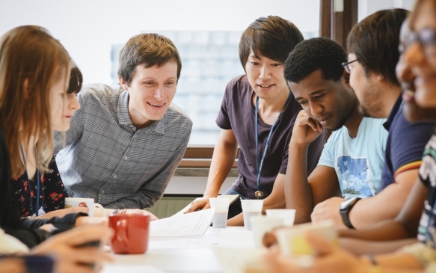
In addition, the EORTC welcomes dozens of fellows annually to support their professional development in various aspects of clinical research. EORTC offers fellowship opportunities in all disciplines vital to cancer research: oncology, statistics, imaging, physics, law, policy, patient privacy, etc.
This program allows individuals from all over the world to learn the principles of cancer clinical research from start to end by proving training, access to EORTC databases, and expertise in clinical research methodology. The ECRF invests in the future scientists and doctors of cancer research and care by supporting the EORTC fellowship program.
Since 1991, the EORTC has accepted 250 fellows from six continents:
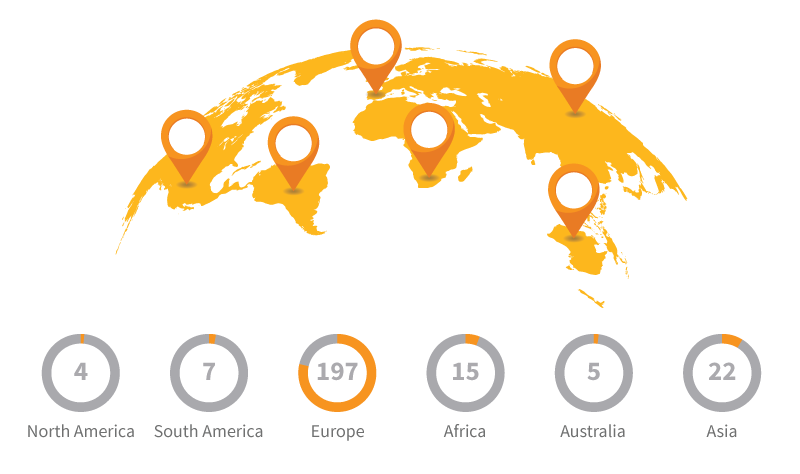
Are you interested in a course or a fellowship?
Belgian American Education Foundation (BAEF)
An ongoing partnership between the ECRF and the BAEF, provide scholarships that enable American scientific students to spend a year at the EORTC in Brussels.
ACCELERATING INNOVATION
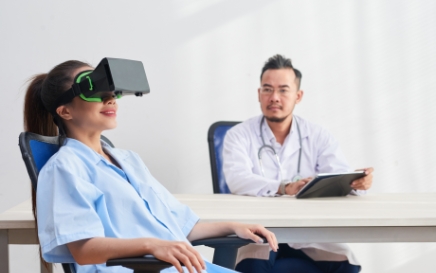
EORTC drives conversations with organizations to optimize new technologies in cancer research for the benefit of our patients.
